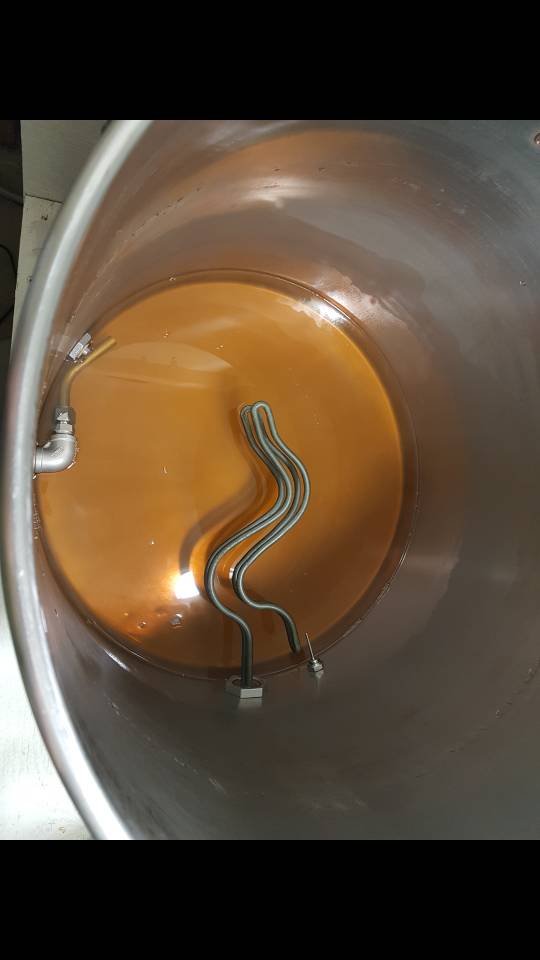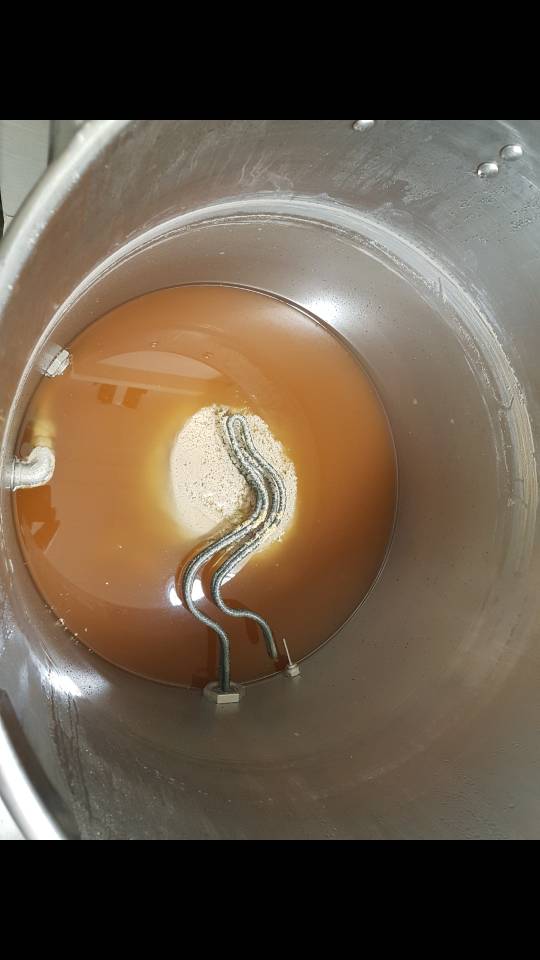rmolledo
Well-Known Member
I know haze is all the rage these days but i’m trying to get rid if mine. My beers are coming out great and but there is always what seems to be a “permanent haze”.
I use an electric all in one system with a biab. Im starting to question if the BIAB has something to do with it. I skip the vourloff step because of it.
I use whirl-flock in every batch too.
I don’t cold crash because i bottle and don’t desire a slow bottle conditioning period.
I have had a few anomaly bottles that seem to be clear as a bell though which leaves me scratching my head.
Thanks for any input.
I use an electric all in one system with a biab. Im starting to question if the BIAB has something to do with it. I skip the vourloff step because of it.
I use whirl-flock in every batch too.
I don’t cold crash because i bottle and don’t desire a slow bottle conditioning period.
I have had a few anomaly bottles that seem to be clear as a bell though which leaves me scratching my head.
Thanks for any input.





